Moltbot Punched Through Every Security Wall. Attackers Followed.
Researchers found 1,862 Moltbot servers exposed without authentication. The viral AI assistant stores credentials in plaintext and invites attack by design.

Good Morning from San Francisco,
OpenAI cleared its restructuring hurdle this week. California approved. Altman promised to stay. The nonprofit keeps $130 billion and board seats. Critics see theater—the same directors who fired then rehired Altman now serve both boards. But the capital math forced the deal. Try sustaining $1.4 trillion in infrastructure commitments inside a nonprofit structure.
Meanwhile, Nvidia's Huang promises Washington $500 billion in chip revenue. Everyone's selling sovereign-scale ambition. Revenue remains theoretical. Commitments are concrete.
GitHub chose a different path entirely. Agent HQ launches this week—one platform managing competing AI coding agents from five companies. Orchestration beats specialization when you control 180 million developers.
Stay curious,
Marcus Schuler
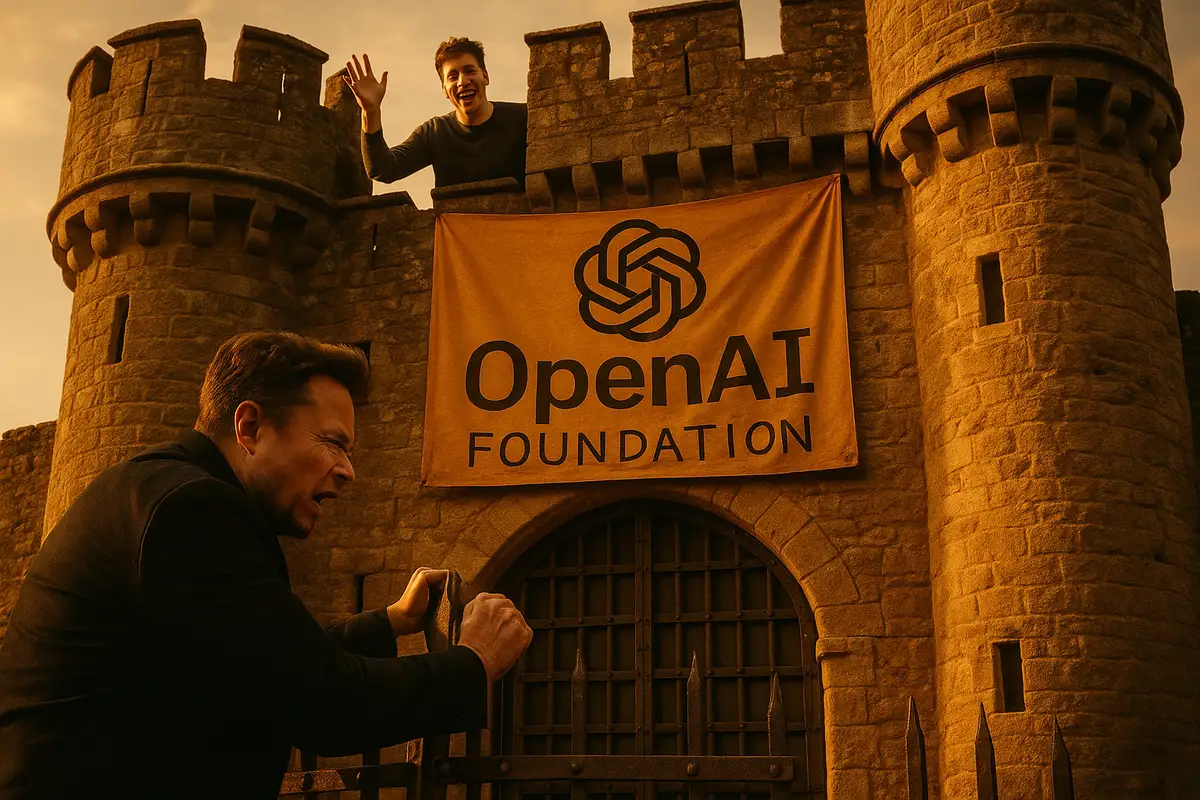
OpenAI completed its conversion to a public-benefit corporation Monday after California's attorney general extracted expansion pledges from Sam Altman.
The nonprofit foundation retains 26% ownership—worth $130 billion—and board appointment power. Eight of nine foundation directors also serve the PBC board, recreating oversight structures critics say already failed when the nonprofit fired Altman in November 2023, only to reverse within days under Microsoft pressure.
The capital reality forced the deal. Altman disclosed $1.4 trillion in infrastructure commitments and said OpenAI needs "hundreds of billions a year in revenue" to sustain growth. An IPO becomes inevitable at that scale.
👉 California secured a commitment to stay and expand. Altman secured restructuring approval that unlocks capital without profit caps.
👉 From Washington's perspective, keeping AI leadership in-state mattered more than forcing asset divestment.
👉 From Altman's view, survival at trillion-dollar scale required new structure.
Both readings work.
Why this matters:


Prompt:
A vibrant autumn scene unfolds on a rain-soaked
cobblestone street, strewn with fallen gold and amber leaves, as a lone figure strolls through the enveloping atmosphere of late afternoon. The surreal atmosphere is heightened by the reflection of the fluttering leaves and the glowing lanterns on the wet pavement, creating a sense of warmth against the cool, damp backdrop. The surrounding buildings exude classical European architecture, their muted colors blending gently with the rich hues of the season, while a light mist lingers, enhancing the ethereal quality of the scene. In the foreground, a decorative column presents an artistic depiction of the same autumn path, intricately detailed, blending reality with art, as the delicate leaves seem to float in midair around it, celebrating the enchanting transition of autumn. The overall aesthetic is a harmonious blend of impressionism and realism, capturing the quiet yet vibrant spirit of autumn in an urban setting.
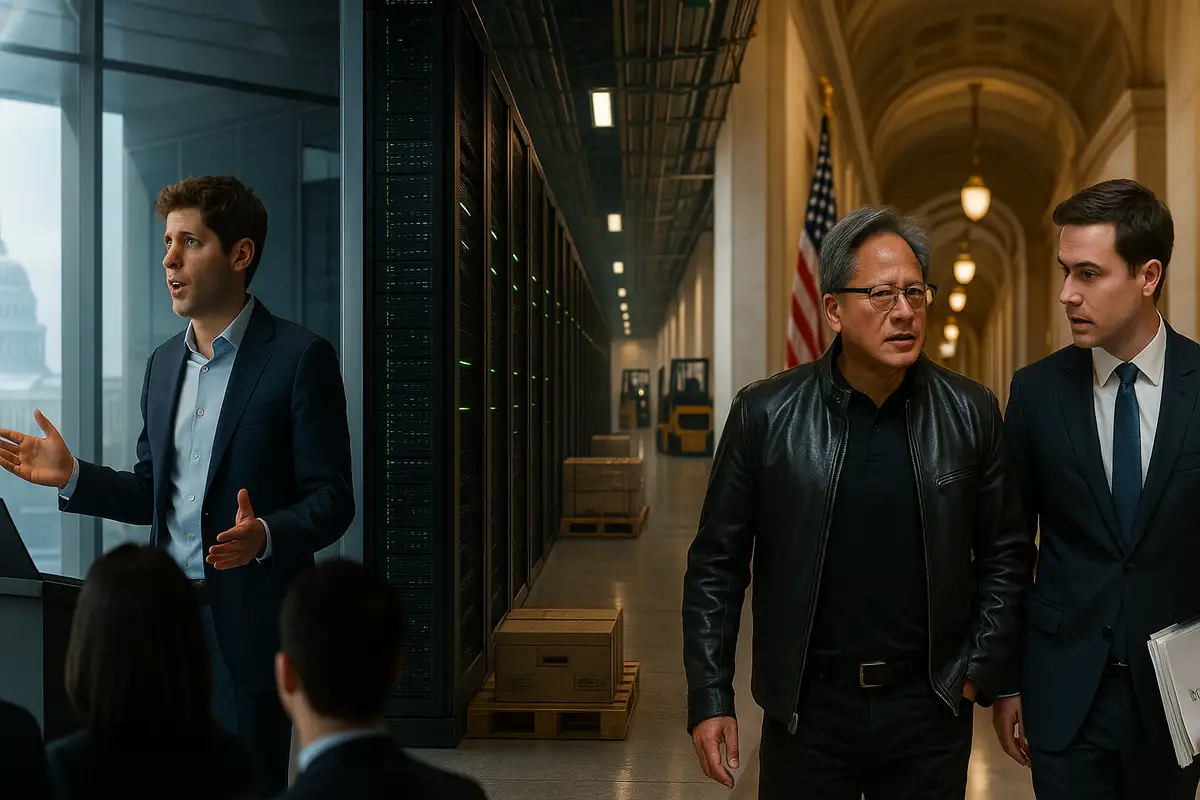
Sam Altman announced Tuesday that OpenAI has committed $1.4 trillion to infrastructure, 30 gigawatts of data center capacity, and wants to build a gigawatt weekly at $20 billion each.
The same day, Nvidia's Jensen Huang told Washington that Blackwell and Rubin chips would generate $500 billion in revenue, announced Arizona manufacturing, a $1 billion Nokia stake, and seven Energy Department supercomputers.
Both companies are selling the same pitch to different audiences. Altman targets investors and partners. Huang courts policymakers. The shared claim: AI infrastructure requires sovereign-scale capital, and whoever controls the buildout controls the future.
The tension: OpenAI needs "hundreds of billions" in annual revenue to sustain spending but currently generates roughly $4 billion. Nvidia's $500 billion projection assumes customers like OpenAI keep ordering. Revenue remains theoretical while capital commitments are concrete.
Why this matters:

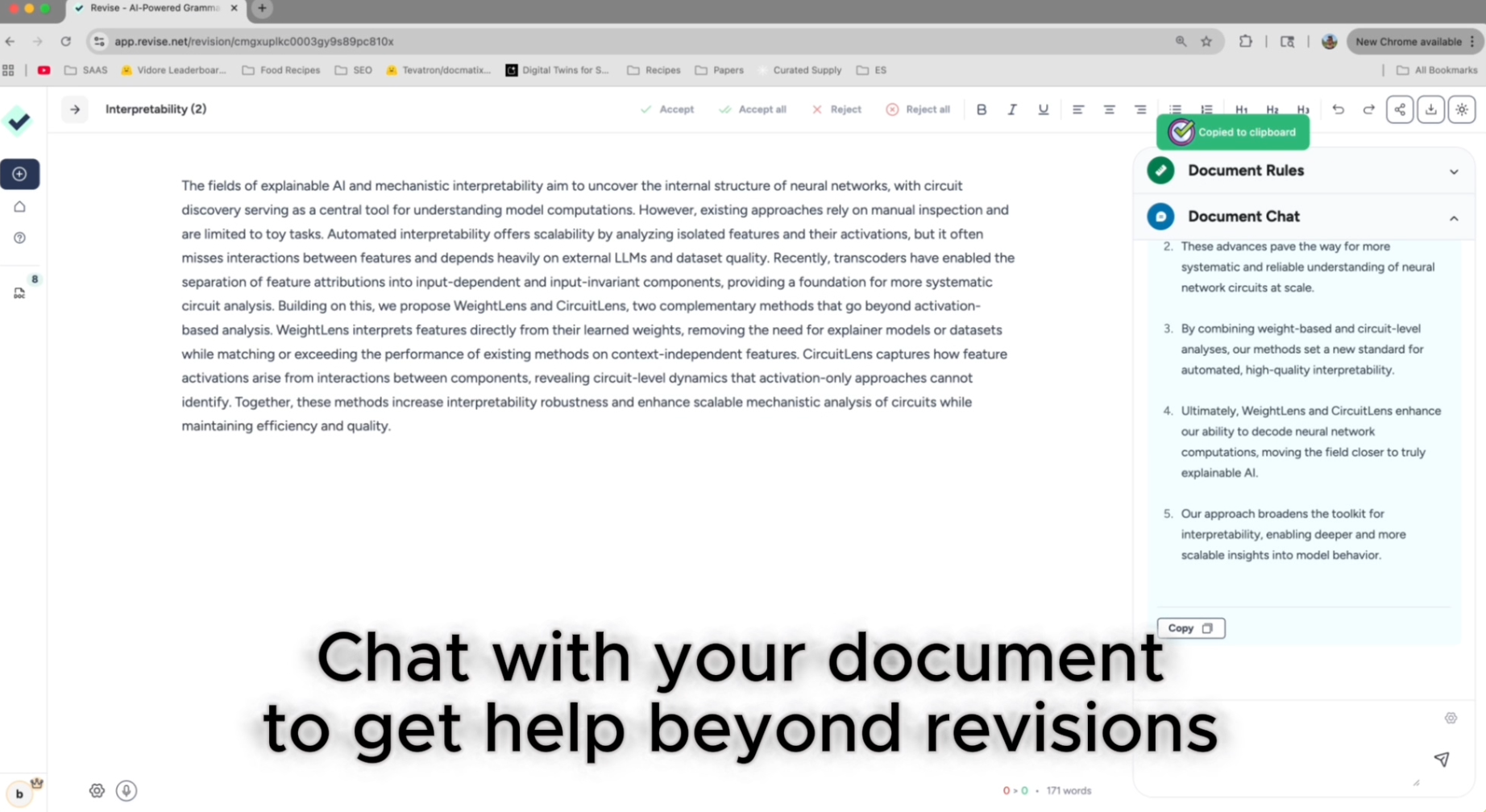
Revise helps you improve your writing while keeping your unique style. The AI suggests edits to make your text clearer and stronger, but you control which changes to accept. Each suggestion preserves what makes your writing yours.
Tutorial:
Act as my gratitude coach with a warm, encouraging tone. Begin each session by asking me to share 3 things I'm grateful for today, along with why each matters to me.
After I respond, deepen the practice by:
Vary your approach to keep our dialogue fresh and engaging. If I seem stuck or surface-level, gently guide me with specific categories like: relationships, personal qualities, recent learning experiences, nature, creativity, or difficulties that taught me something valuable.
Keep the conversation going until I indicate I'm done. Celebrate my insights and growth throughout. Your goal is to help me rewire my brain toward noticing abundance, deepening my capacity for appreciation, and ultimately enhancing my well-being and contentment.
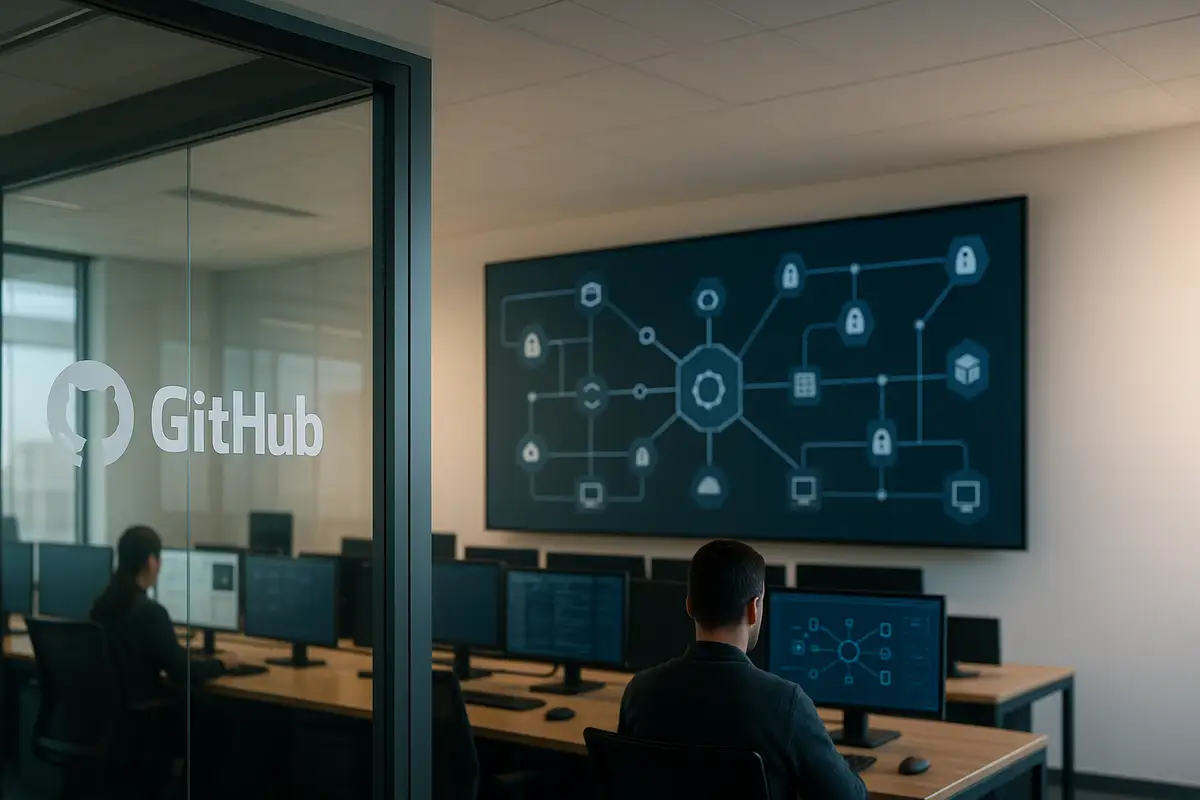
GitHub announced Agent HQ at Universe 2025: A unified control plane managing coding agents from Anthropic, OpenAI, Google, Cognition, and xAI alongside its own Copilot.
OpenAI Codex ships this week to Copilot Pro+ users; the full roster follows in coming months for all paid subscribers.
The architecture maintains Git, pull requests, and issues while adding Mission Control—a command center for assigning work and tracking multiple agents simultaneously. Security differentiates: Agent HQ compartmentalizes access at branch level, extending GitHub's enterprise governance to third-party agents through sandboxed Actions environments. Standalone tools like Cursor require broad repository permissions.
GitHub's positioning: extract value from agent proliferation rather than compete on quality. With 180 million developers and 80% of new users adopting Copilot immediately, the platform controls distribution. Orchestration matters more than specialization when enterprises manage multiple vendors.
Why this matters:
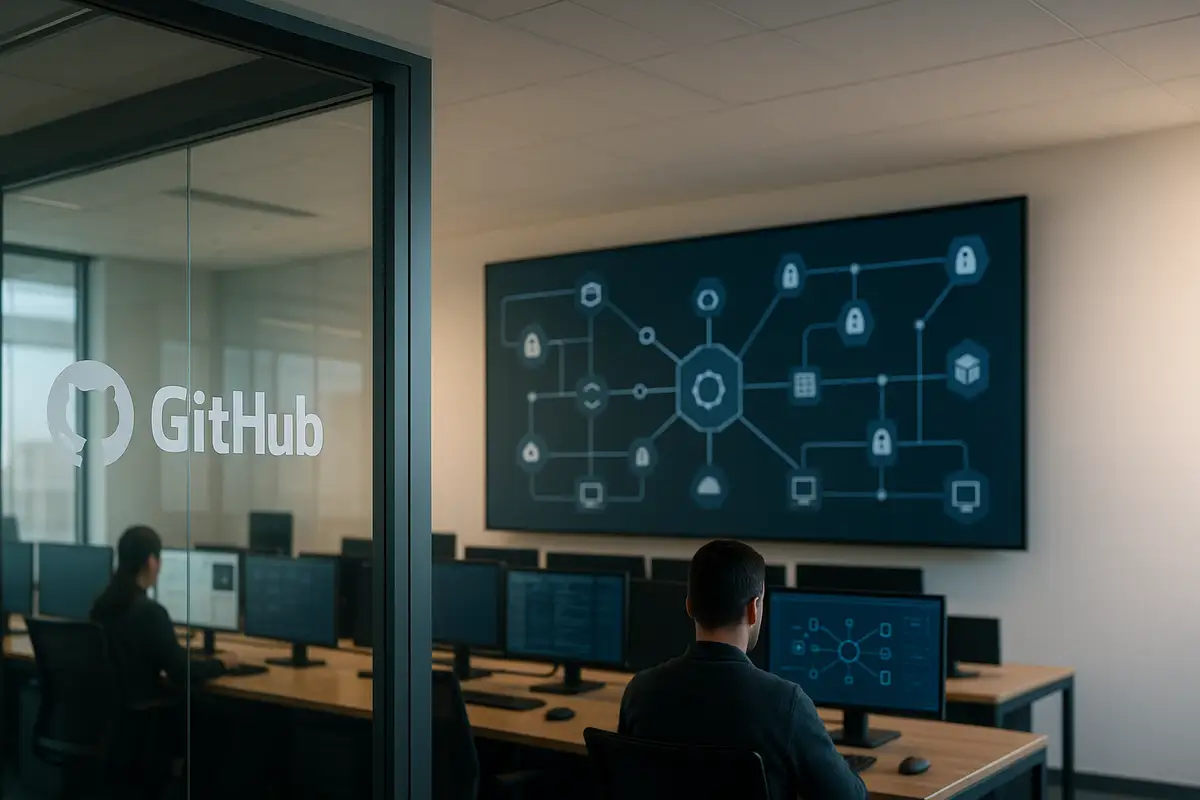
Following Nvidia's GTC conference, CEO Jensen Huang dismissed concerns about an artificial intelligence bubble, stating "I don't believe we're in an AI bubble" while announcing new industry partnerships. The company projects selling 20 million Blackwell chips, representing a five-fold increase from the 4 million Hopper chips previously sold, signaling Nvidia's confidence in sustained AI market demand.
Advertisers are significantly increasing their digital ad spending on Reddit, primarily driven by the platform's prominent placement in AI-powered search results and its expanding user base. Ad buyers report that brands are recognizing Reddit's growing influence in the digital advertising landscape, making it an increasingly attractive investment for marketing campaigns.
A comprehensive Adobe survey of over 16,000 creators across eight countries shows widespread adoption of generative AI in creative industries, with 86% of respondents using AI tools and 60% utilizing multiple platforms. The research indicates that nearly half (48%) employ AI for ideation while 52% use it for video creation, with 76% of creators reporting that AI has helped grow their business and personal brand.
IBM has released four open-source Granite 4.0 Nano AI models with parameter counts ranging from 350 million to 1.5 billion, specifically engineered to operate on consumer-grade hardware and within web browsers. This release represents IBM's strategic shift toward accessible, locally-deployable artificial intelligence solutions that prioritize practical usability over maximum model size in an industry traditionally focused on larger, more resource-intensive AI systems.
French lawmakers have voted to double the country's digital services tax on major US technology companies from 3% to 6%, despite strong opposition from the French government. The government fears the tax increase could trigger retaliatory measures from the United States, potentially escalating trade tensions between the two nations over taxation of American tech giants operating in France.
A 3D-printed semiautomatic weapon known as the FGC-9, created by a German individual, has become the most widely distributed "ghost gun" outside the United States according to scholars and lawmakers. The weapon's digital blueprints can be shared online and manufactured using consumer-grade 3D printers, allowing individuals to produce untraceable firearms that bypass traditional gun control regulations and border restrictions.
The University of Southern California has filed a patent infringement lawsuit against Google in Texas federal court, claiming the tech company's popular mapping services violate USC's intellectual property rights. The lawsuit specifically targets Google Earth, Google Maps, and Google Street View, alleging these platforms illegally use USC's patented technology for overlaying two-dimensional images onto three-dimensional models.
According to Federal Election Commission filings and public statements, cryptocurrency super PACs have collectively raised approximately $263 million ahead of the 2026 midterm elections, with Fairshake maintaining its position as the largest fund at $141 million. Building on their success in the 2024 elections, the crypto industry is significantly expanding its political spending power to influence upcoming congressional races.

Kyle Vogt sold self-driving cars to GM, then watched his creation crash. Now he's building robots that fold your laundry.
1. The founders
Founded 2024 in San Francisco by Vogt (Cruise, Twitch) with Paril Jain (Tesla AI) and Luke Holoubek (Cruise software). Employee count stays quiet. The mission? Fix the fact that nobody's cracked household robots yet. Vogt learned the hard way at Cruise: demos lie, reality bites. 🤖
2. The product
Affordable home robots that do actual chores. Not demos. Not concepts. Chores. The company won't say what form it takes—humanoid or specialized platform. Smart money says they pick one or two tasks and nail them. Strengths: battle-tested founders, deep AI talent, $300M+ runway, good timing. Risk: "affordable" plus "reliable home robot" is a brutal equation. Unit economics could kill them.
3. The competition
Figure AI just raised at $39B. Tesla's Optimus folds shirts in labs. Apptronik, 1X, Skild—all chasing billions. But The Bot Company isn't racing humanoids. It's racing your dishwasher. That appliance already works. A general robot needs to be cheaper, better, or both. The real competitor? Paying someone $20/hour.
4. Financing
$150M at $550M (May 2024, Quiet Capital, Collison brothers, Nat Friedman). $150M at $2B (March 2025, Greenoaks). Talks for $250M at $4B+ (October 2025, per Bloomberg). Valuation doubled twice in 18 months with zero shipped product. That's either brilliant storytelling or investor FOMO on physical AI.
5. The future ⭐⭐⭐⭐
Four stars. Vogt's track record buys patience. Capital buys iteration time. But shipping a robot people actually want? That's the graveyard of smarter teams. If they nail one boring task perfectly, they'll print money. If they overpromise, that $4B valuation evaporates fast.
Get the 5-minute Silicon Valley AI briefing, every weekday morning — free.